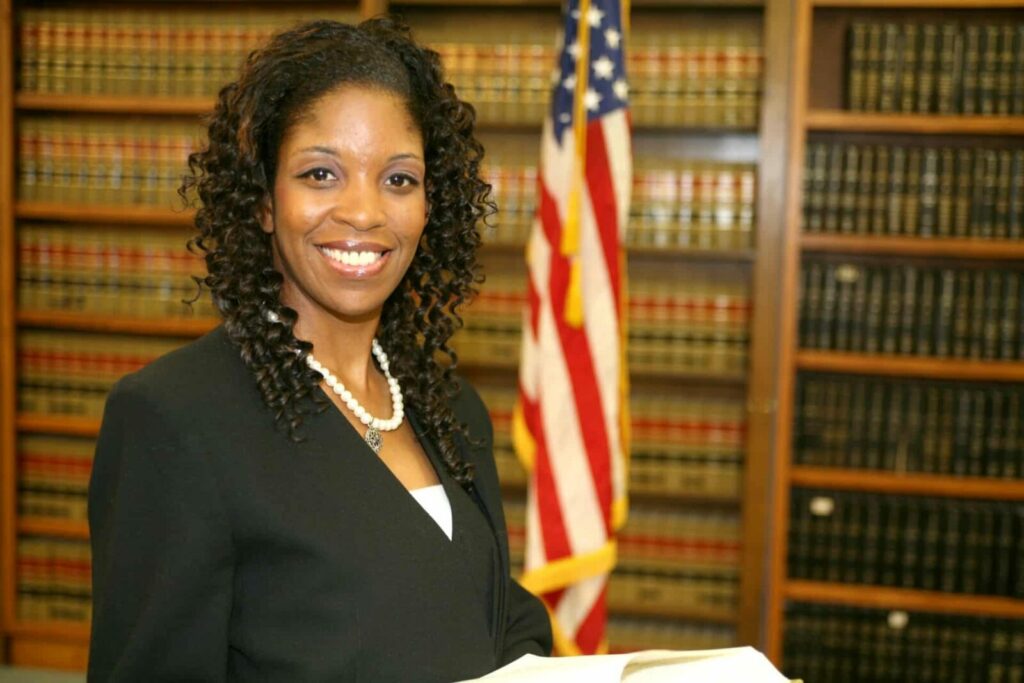
Divorce Affects Estate Plans
Divorce significantly impacts estate planning, requiring updates to wills, trusts and beneficiary designations to ensure that assets are distributed according to new intentions.
Call us Anytime
Laurel, MD 20707
Downs Law Firm, P.C.
Home • Assets

Divorce significantly impacts estate planning, requiring updates to wills, trusts and beneficiary designations to ensure that assets are distributed according to new intentions.

By carefully considering what to include in your estate plan—and what to leave out—you can help your family avoid unnecessary conflict and heartache.
Taking Social Security while still working, may sound like a good way to boost your income while you prepare for your impending retirement, but this strategy can have unexpected costs.

Murdoch’s succession plan sheds light on whether an irrevocable trust can truly be changed, revealing key insights for estate planning.

When managing your estate, people often overlook intellectual property (IP). If you are an artist, inventor, or business owner, your IP can be one of your most valuable assets. Incorporating IP into your estate plan is crucial to ensure that it benefits your heirs, primarily through a testamentary trust. However, what is a testamentary trust, and how can it protect your intellectual property? What Is a Testamentary Trust? A testamentary trust is created as part of your will and only takes effect after you pass away. It allows you to name a trustee who will manage the trust’s assets, including…

Phone and computer passwords, crypto wallets, investment portfolios, mobile banking passcodes and even social media credentials also need a place to go when you die.
The world has changed, and it really isn’t a good idea to ignore your digital assets when estate planning. Estate planning has generally been about tangible assets through the years. However, now attention needs to be also focused on the digital world in order to be thorough, according to the North Bay Business Journal in “Your digital life likely will outlive you, so here’s how to bring your estate plan into the modern age.” Don’t think you have a digital identity and digital assets? For most of us, we need to take a closer look. Here are a few of your digital assets to consider: bank accounts, email accounts, Facebook page, Linked In profile, online photo albums, blogs and websites. They’re likely to be around long after you are gone. This is still a relatively new area of estate planning. What often happens is that heirs think they can simply find and use the decedent’s user name and passwords to access their accounts. However, what they learn, is that they are legally not permitted to do so. A new law was passed in 2017 in California that attempted to bring order to this chaos. The Revised Fiduciary Access to Digital Assets Act allows executors and trustees to obtain disclosure of a person’s digital assets, after the original owner dies but only under certain conditions. In the recent past, federal and state laws have made it hard for executors and trustees to gain access to these assets without a court order. Just being the executor or trustee does not automatically give you the right to access assets. There must be evidence that the decedent consented to disclosure. Having these access provisions in wills, trusts and powers of attorney is an evolving area. The new law mainly gave social media platforms and privacy advocates what they wanted: a requirement of prior consent before disclosure. However, the end result is that it is easier to gain access to digital assets, if executors and trustees can show that the decedent did consent to disclosure. However, it’s still not that simple. Here are a few steps to help your loved ones deal with your digital assets: Inventory every digital asset that you have. Create a list of log-in and password information, plus any “secret questions/answers.” Having a password program like “Lastpass” can be a great tool to allow for access and control for your decision maker. Tell your trusted family member or friend where that list is. Store it with your other estate planning documents, possibly in your attorney’s vault. Do not include your digital asset inventory, as part of your will. If your estate goes through probate, all of your account information will become part of the public record. An estate planning attorney can advise you on creating an estate plan that fits your unique circumstances and will most likely include digital assets. If you already have an estate plan, revisit the package with your estate planning attorney and take your digital assets

Ensure that your children’s futures are secure by starting a comprehensive estate plan during back-to-school time. Schedule a consultation today.

Estate planning and divorce are intricate processes, each filled with legal nuances and detailed accounting (to say nothing of the emotions involved).
However, not having the difficult talk sets the table for big family problems later. When financial decisions and medical caretaking are stumbled upon, many unexpressed expectations will likely collide.